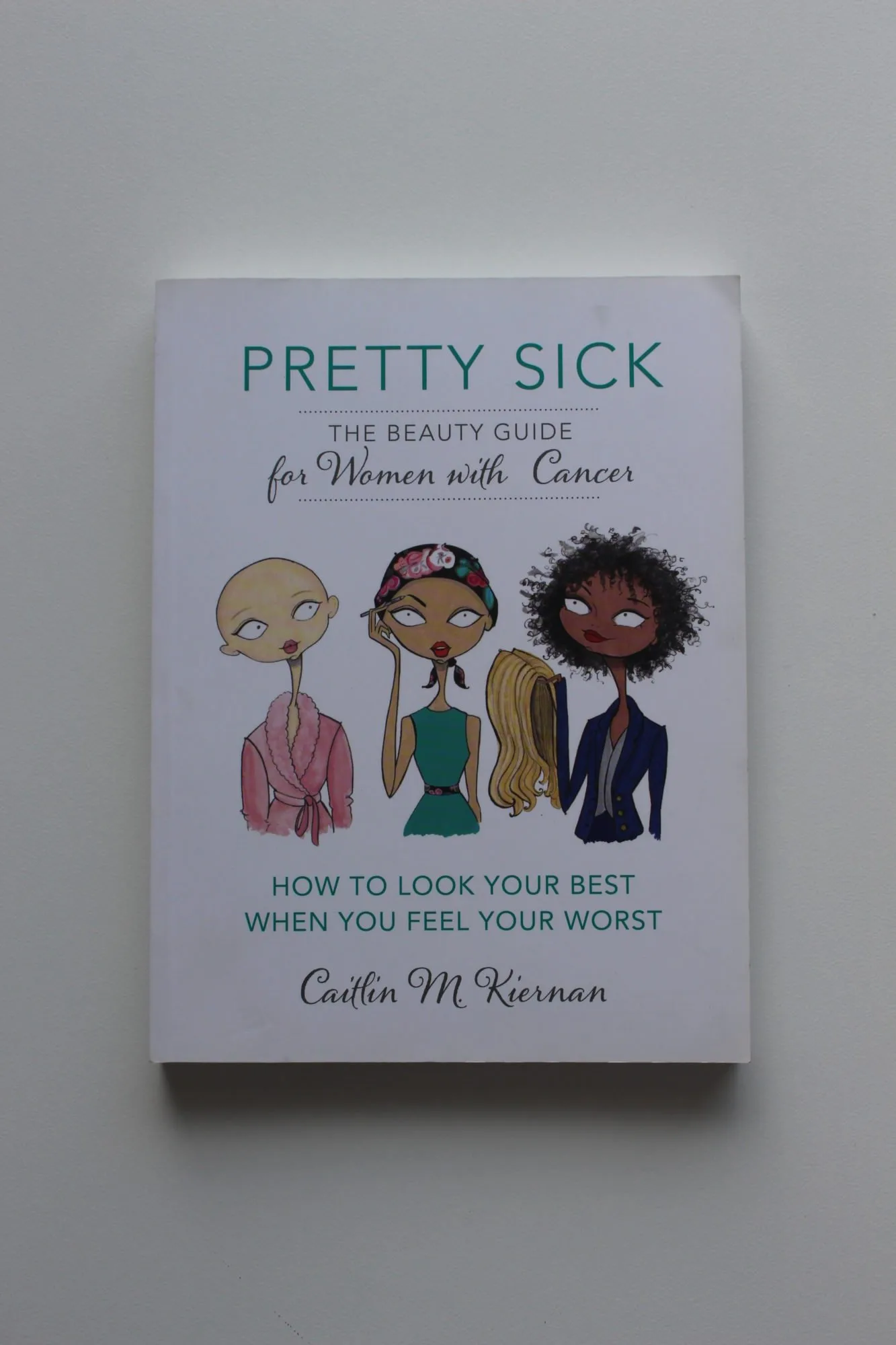Accounting for an estimated 9.6 million deaths last year, cancer is a devastating disease that ravages your body. After your first chemotherapy session, it hits you: in order to cleanse you on the inside, you may have to sacrifice your outer appearance. While it’s meant to heal, chemotherapy comes with an abundance of side effects, which include dry skin, hair loss, brittle nails, and weight fluctuations. In her debut book Pretty Sick, cancer survivor and beauty expert Caitlin Kiernan offers advice on how to maintain your best appearance while you’re feeling your worst.
What makes Pretty Sick a good read?
The last thing you want to think about while undergoing chemotherapy is your appearance. However, the book provides information on how to look better so you can feel better. While many beauty guides simply suggest slapping on lipstick or slipping on your favorite heels, Kiernan’s book is highly informative, offering advice on your skin, hair, teeth and sex life, all the while acknowledging the effects that cancer and cancer treatments have on the body.
Pretty Sick tackles issues from how to choose the right fragrance after chemotherapy (as it affects your sense of smell) to finding the perfect mouthwash that will deal with mouth sores, and from how to comb your locks as they fall out to tips on wig shopping. Kiernan’s own battle with cancer allows her to provide a tasteful and often humorous guide for other individuals fighting the disease, as well as for their family and friends, who will grow to better understand the cancer patient’s journey.
Whether you’re a cancer patient or intimately inclined to one, Pretty Sick is the perfect guide to looking great while not feeling so good.
Want to know more?
A cancer diagnosis will turn all aspects of your life on its head, and your work life is no exception. It will not only affect your health but your ability to do your job too. Depending on the type of cancer and the stage at which you are diagnosed, the hours you spend at the office will undoubtedly have to be changed. And for this reason, while a diagnosis on its own is not enough for you to lose your job, the repercussions could eventually lead to this outcome.
Given that an employee wellness program study by the Lancet Medical Journal indicates that South Africans can expect to see a 78% increase in cancer cases by 2030, it’s now more important than ever to be aware of this disease and how it affects you in the workplace. Click here to find out more about why legislation surrounding cancer in the workplace needs to change – urgently.



![women [longevity live]](https://longevitylive.com/wp-content/uploads/2020/01/photo-of-women-walking-down-the-street-1116984-100x100.jpg)










